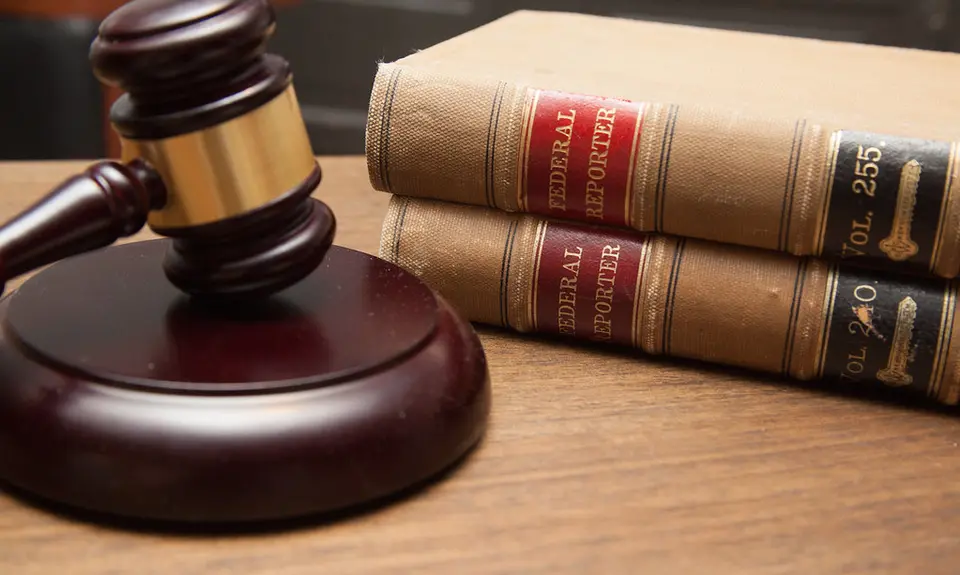Judge Richard Federico, nominated by President Biden to the Tenth Circuit, wrote a unanimous decision that affirmed an administrative ruling granting benefits under the Black Lung Benefits Act (BLBA) to a man who had worked in a coal mine for twenty-four years. Because the miner had died after the initial decision granting him benefits, they went to his widow. The August 2024 decision was in Sunnyside Caol Co. v Directo, Office of Workers’ Compensation Programs.
What happened in this case?
Ronald Fossat had worked as a coal miner at a Utah mine for twenty-four years, including ten years underground. In 2013, at age 67, he filed a claim for black lung benefits with the Department of Labor under the BLBA. He had stopped working, and stated on his application that he “had a terrible cough for many years” and was “on oxygen during the day and night.”
Sunnyside vigorously contested Fossat’s claim, asserting that his problems were due to smoking, although he testified at a deposition that it had been “four or five years since he smoked regularly. He underwent testing by the government and Sunnyside, which agreed he was disabled but had conflicting views about the cause. In addition to the medical and other evidence, the Administrative Law Judge (ALJ) in the case also relied on the “rebuttable presumption” in the BLBA that a disabled coal miner who worked at an underground coal mine for 15 years or more is suffering from black lung disease.
The ALJ awarded benefits to Fossat under the law. Fossat then passed away and his widow pursued the claim on behalf of the estate. The coal company appealed to the Department of Labor’s workers’ compensation board, which affirmed the decision. The company then filed a petition for review with the Tenth Circuit.
How did Judge Federico and the Tenth Circuit Rule and Why is it Important?
Judge Federico wrote a unanimous opinion that rejected the company’s petition and affirmed the award of black lung benefits. Federico carefully reviewed the record and the relevant precedent and found that both clearly supported the decision. He also rejected several specific arguments by the company.
Most notably, the coal company maintained that the statutory presumption did not apply to Fossat because although he had worked at the coal mine for more than 15 years, only ten years was underground. As Federico explained, however, the statutory language made clear that working at an underground coal mine includes working at “structures upon or above the surface,” as several courts had agreed. Federico specifically noted that although some previous decisions had relied on the Chevron case to uphold the agency’s view, his ruling does “not rely” on Chevron, which the Supreme Court has recently overruled.
Judge Federico’s opinion is obviously important to the widow of Ronald Fossat, who will now receive the benefits provided for under the BLBA. The ruling also sets important precedent concerning the 15-year rebuttable presumption under the law, particularly in the Tenth Circuit, which includes Utah, Wyoming, Colorado Kansas, New Mexico, and Oklahoma. It also serves as a reminder of the importance of promptly confirming fair-minded judges to our federal courts.
